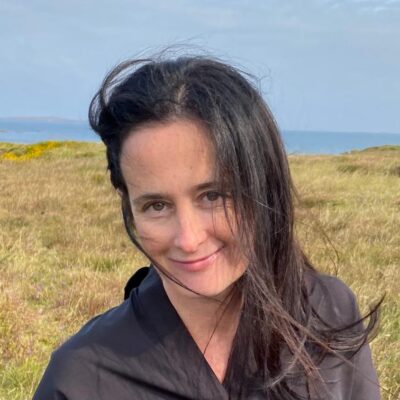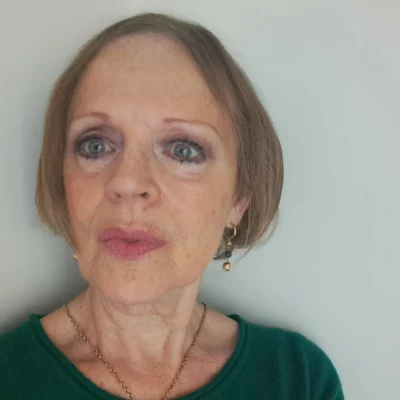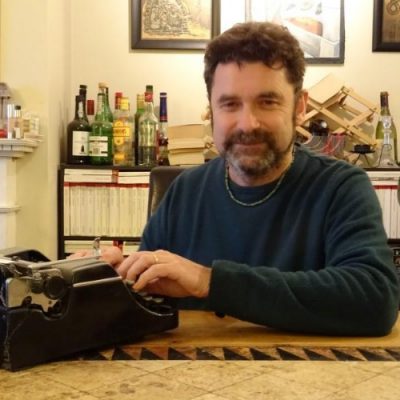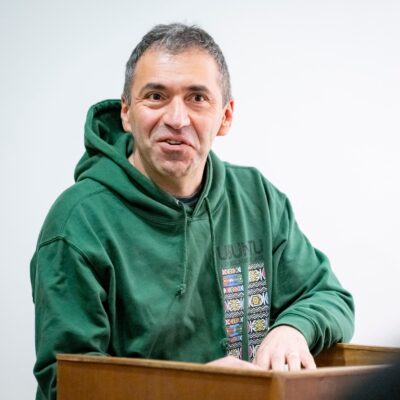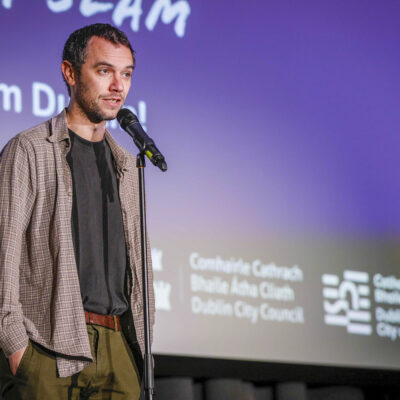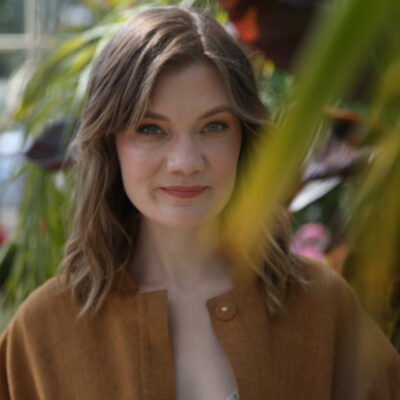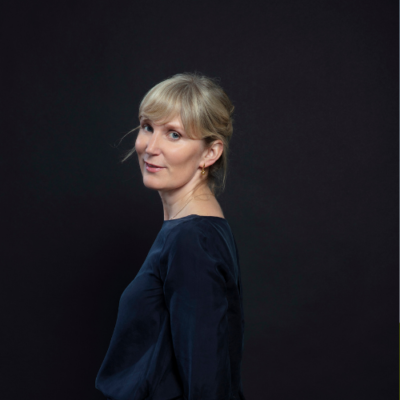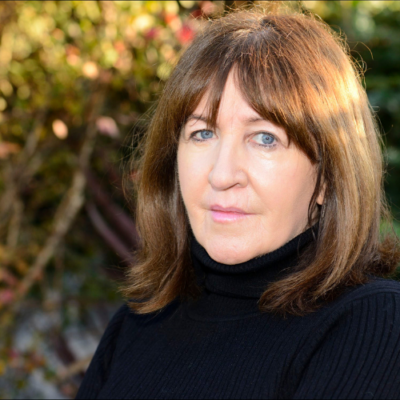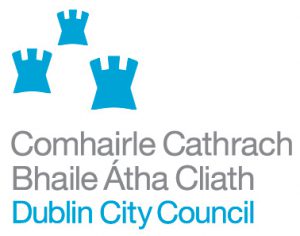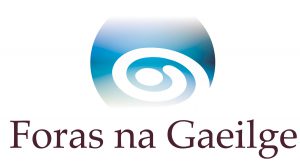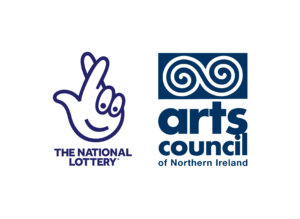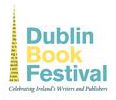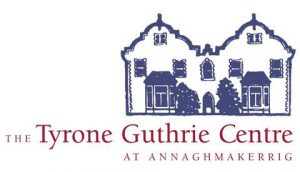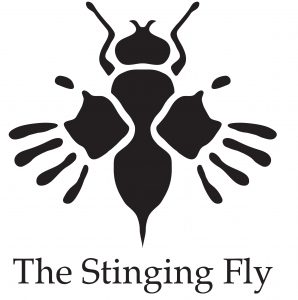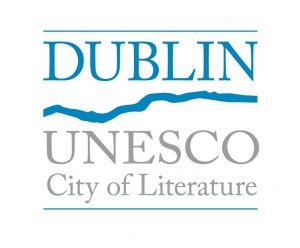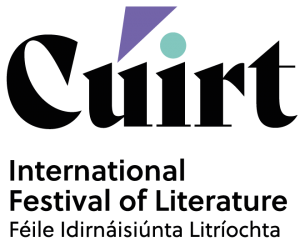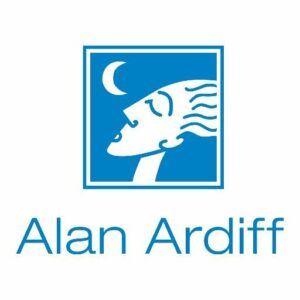
Fragmenting Experiences, Fragmented Structures with Roe McDermott
Info
Date: June 19, 2024
Time: 6.30 pm – 8.30 pm
Duration: 6 weeks
Level: Beginner |
Cost: €165 (€150 Members)
This course will take place online on Wednesdays (six sessions in total).
Course Summary
“I have always been tormented by the image of multiplicity of selves. Some days I call it richness, and other days I see it as a disease, a proliferation as dangerous as cancer. My first concept about people around me was that all of them were coordinated into a whole, whereas I was made of multitude of selves, of fragments.” – Anais Nin.
Fragmentation is the process of breaking, of separating, of becoming multiple. To write from the fragments is to embrace this multiplicity, to eschew the idea that an experience, a voice, an idea must be whole, linear, unified in order to be worthy. In this course we’ll experience the power of fragmentation in experience, voice and structure, embracing and embodying the cracks and separations that naturally occur in our selves, our communities, and our voices. The course will explore experiences that fragment us and examine different ways to utilise fragments within your writing structure. This course is suitable for people working in all genres.
Course Outline
Week One: Exploring Fragments
To begin, we will use fragments to explore how to distil one story down into concise language, illustrating how many ways you can approach a story, how many different parts there are to focus on, and how to play with perspective.
Week Two: Fragmenting Experiences
Many experiences fragment the self: self-awareness, pain, grief, shame, meditation, abuse, love, mental health issues, illness, loss, growth, evolution. This week we will explore experiences that fragment the self and write from this space.
Week Three: Fragment as Outlier
If we think of fragmenting as breaking, and a fragment as a small piece broken off from the larger whole, we can easily see how fragments are constantly occurring, leaving individuals feeling like outliers. This week we will explore the outlier experience.
Week Four: Threading Fragments
Fragments can be powerful tools within writing, allowing an idea, emotion or action to stand on its own, allowing the reader to linger in it, or indicating a break in the prevailing tone, emotion or thought process of the author/character. This week we’ll explore how to use fragments within a larger piece.
Week Five: Fragment as Narrative
What does it mean to create an entire narrative out of broken parts? We’ll look at the power of work composed entirely of fragments and what stories can be created from the pieces and the spaces between them.
Week Six: Breaking Away
The final week will be using what we’ve explored throughout the course to create a final piece from the space of fragmentation.
Course Outcomes
Works that will be referenced include:
In The Dream House, Carmen Maria Machado
Pain Woman Take Your Keys, Sonya Huber
Where Reasons End, Yiyun Li
Woven (essay), Lidia Yuknavitch
The Argonauts, Maggie Nelson
Handiwork, Sara Baume
The White Book, Han Kang
The Crying Book, Heather Christle
Roe McDermott is a writer, journalist and Fulbright scholar with an MA in Journalism and an MA in Sexuality Studies from San Francisco State University. Roe is a columnist for The Irish Times, the film editor for Hot Press magazine and has had essays published on The Rumpus and The Coven. Roe has taught creative writing to students in secondary/high school, and at undergraduate and graduate level. In August 2020, Roe was awarded the Irish Arts Council’s Next Generation Artist Award for Literature and is currently working on her first essay collection which will explore PTSD, trauma, and patriarchal constructions of knowledge and credibility.
Websites: @Roemcdermott on Twitter
Testimonials
“I would recommend Roe’s course “Fragmenting Experiences, Fragmented Structures” as a great way to get started on a complex personal and subjective writing practice. On the way you are supported by an experienced teacher with the aid of a really carefully selected set of readings and writing prompts. These help you think through strategies that can be applied to episodic/fragmented forms of writing. This is a short intense introduction which gets you writing quickly and where you have the extra benefit of a shared learning experience, whilst reading and getting input and critique from fellow participants.” – Cliona, past course participant

